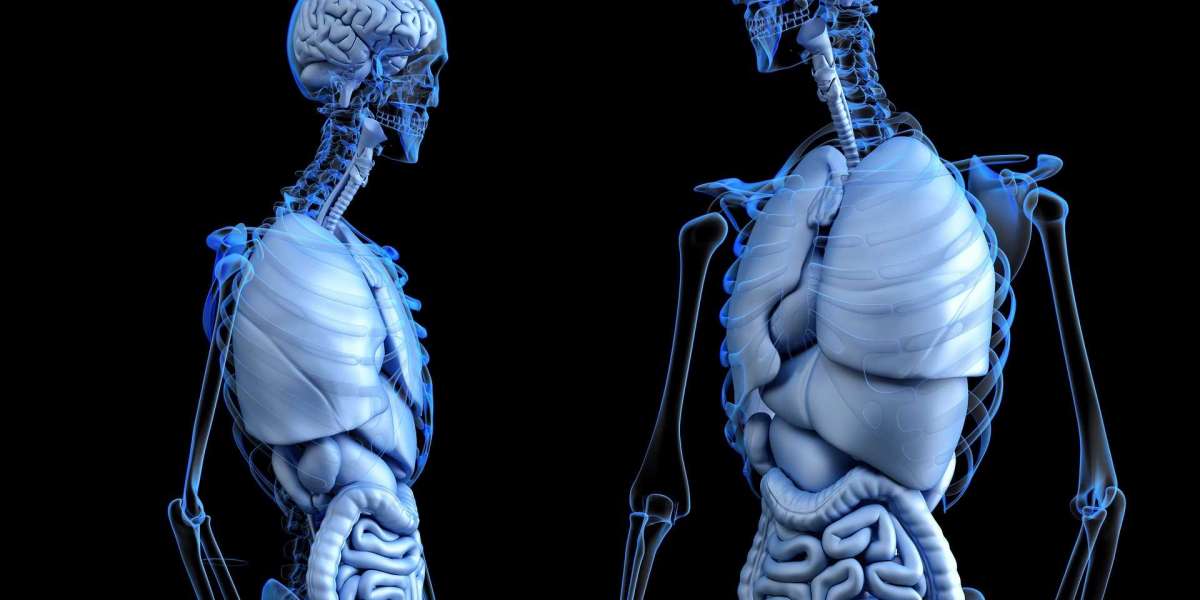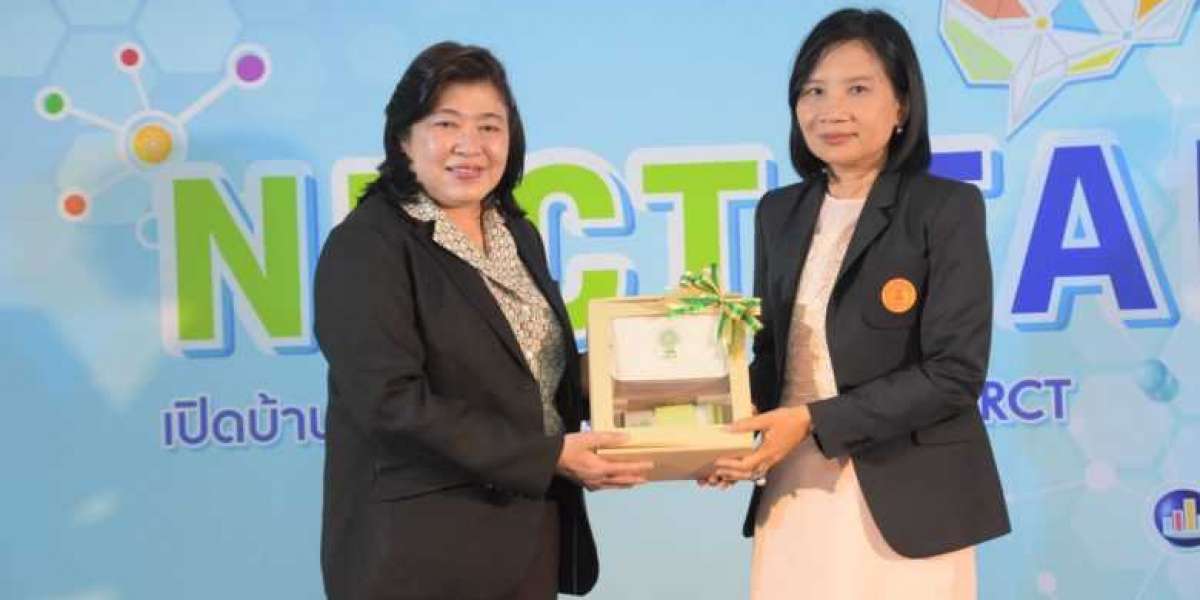A team of researchers from National University of Singapore (NUS), in collaboration with clinicians from the National University Cancer Institute, Singapore (NCIS) which is part of the National University Health System (NUHS), has reported promising results in using CURATE.AI, an artificial intelligence (AI) tool that identifies and better allows clinicians to make optimal and personalised doses of chemotherapy for patients.
Based on a pilot clinical trial – called PRECISE.CURATE - involving 10 patients in Singapore who were diagnosed with advanced solid tumours and predominantly metastatic colorectal cancers, clinicians accepted close to 97% of doses recommended by CURATE.AI, with some patients receiving optimal doses that were approximately 20% lower on average. These early outcomes are a promising step forward for the potential of truly personalising oncology, where drug doses can be adjusted dynamically during treatment.
Developed by Professor Dean Ho and his team, CURATE.AI is an optimisation platform that harnesses a patient’s clinical data, which includes drug type, drug dose and cancer biomarkers, to generate an individualised digital profile which is used to customise the optimal dose during the course of chemotherapy treatment.
“Chemotherapy treatment is often given at fixed doses, based on certain patient parameters. However, these toxicity-guided doses may not result in optimal response to treatment. Using CURATE.AI, which is efficacy-driven, we hope to help doctors to quickly identify the optimal doses that are customised for each patient at different stages of the treatment cycle. The ultimate goal is to improve patient and treatment outcomes,” explained Prof Ho, who heads the Department of Biomedical Engineering under the NUS College of Design and Engineering (CDE) and is a co-corresponding author of the study. He is also the Director of the Institute for Digital Medicine (WisDM) under the NUS Yong Loo Lin School of Medicine (NUS Medicine) and the N.1 Institute for Health (N.1) at NUS.
He added, “The aim of CURATE.AI is to potentially find more responders to treatment, and also find the right doses for patients that can optimise efficacy and/or prolong the period the patient is responsive to the treatment. For some patients, these doses may potentially be lower than the high doses that are traditionally used.”
“An important aspect of applying AI in medicine is the direct involvement of clinicians in building individualised datasets. The pilot trial represents a promising step towards incorporating CURATE.AI into the clinical workflow of dynamic dose selection in the treatment of solid tumours. A key aim of CURATE.AI is to enable truly personalised dosing for patients while also empowering clinicians to identify the optimal dose for each patient, without adding to their workload. In this way, clinicians can focus more on the patient and the caregiver,” said Dr Raghav Sundar, Principal Investigator of the PRECISE.CURATE clinical trial, and Consultant at the Department of Haematology-Oncology, NCIS.
To read more : NUS News









